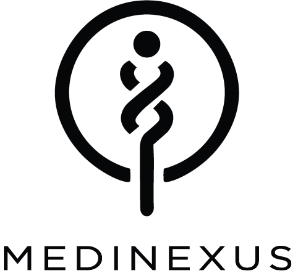DOI: 10.3390/ijms18020343
Derosa Giuseppe 1,2,3,4, D’Angelo Angela 1,3,4, Romano Davide 1 and Maffioli Pamela 1,4
1 Centre of Diabetes and Metabolic Diseases, Department of Internal Medicine and Therapeutics, University of Pavia and Fondazione IRCCS Policlinico San Matteo, 27100 Pavia, Italy; labmedmol@smatteo.pv.it (D.A.); dr.davideromano85@gmail.com (R.D.); pamelamaffioli@hotmail.it (M.P.) 2 Center for the Study of Endocrine-Metabolic Pathophysiology and Clinical Research, University of Pavia, 27100 Pavia, Italy 3 Laboratory of Molecular Medicine, University of Pavia, 27100 Pavia, Italy 4 Center for Prevention, Surveillance, Diagnosis and Treatment of Rare Diseases, Fondazione IRCCS Policlinico San Matteo, 27100 Pavia, Italy
Abstract
The aim of this study was to evaluate the efficacy and safety of an anti-hypercholesterolemic agent containing Berberis aristata, Silybum marianum and monacolin K and KA in a sample of Caucasian patients at low cardiovascular risk according to Framingham score. The primary outcome was to evaluate the effects of this nutraceutical combination on lipid profile; the secondary outcome was to evaluate the effect on some inflammatory markers, in particular high sensitivity C-reactive protein and tumor necrosis factor-α interleukin-6. One hundred and forty-three patients were randomized to placebo or Berberol® K, once a day, during the dinner, for 3 months, in a randomized, double-blind, placebo-controlled trial. We recorded a significant reduction of fasting plasma glucose with Berberol® K compared to placebo (−12.2%, p < 0.05). Moreover, we recorded an increase of fasting plasma insulin with Berberol® K both compared to baseline and to placebo (+9.9%, p < 0.05). Accordingly, the homeostasis model assessment (HOMA) index obtained after treatment with Berberol® K was lower than the one in the placebo group (−2.8%, p < 0.05). No variations of lipid profile were observed with placebo, while there was a significant decrease of total cholesterol (−20.5%, p < 0.05), triglycerides (−17.7%, p < 0.05), and low density lipoprotein (LDL) cholestero (−27.8%, p < 0.05) with Berberol® K, compared to placebo. There was a decrease of high sensitivity C-reactive protein (−30.8%, p < 0.05), and interleukin-6 (−25.0%, p < 0.05), with Berberol® K compared to placebo. In conclusion, combining different hypocholesterolemic nutraceutical agents such as Berberis aristata, Silybum marianum and monacolin K and KA could be effective and safe to obtain a reduction of lipid profile and an improvement of inflammatory parameters.


